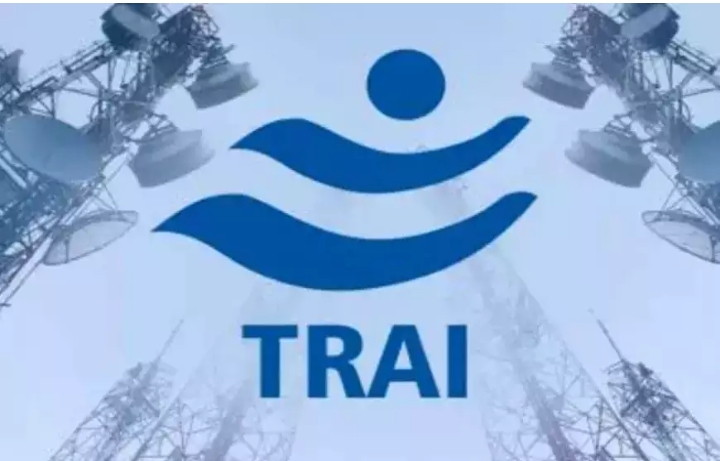OTT Services : Dual communications effort
In July this year, the Telecom Regulatory Authority of India (TRAI), at the request of the government, called for in-depth consultations on the need and possible mechanisms for regulating over-the-top (OTT) services. This seems to have stirred up a hornet’s nest. For more than a decade, telecom companies have seen their revenues from traditional services such as voice calls and short messaging (SMS) services come under pressure from competing OTT services that are often free.
At the same time, these companies have had to invest heavily in upgrading infrastructure to handle the increase in data traffic without necessarily achieving an equivalent increase in revenue. They also lamented that OTT services are not subject to the same taxes and licensing fees, leading to uneven opportunities.
On the other hand, the use of OTT services has increased data consumption, which is an increasing source of income for telecom companies.
False argument affecting net neutrality
The OTT consultation has renewed calls from telcos that content providers such as Netflix, Amazon Prime and Disney+ Hotstar should share bandwidth costs. They argue that streaming platforms are free users, benefiting from the infrastructure created and maintained by telecom companies. However, this argument is fundamentally flawed and sets a dangerous precedent that undermines the principle of net neutrality.
Telecom companies don’t own the Internet; Rather, it provides access to it. Consumers pay telecom operators to access services by purchasing data packages. By providing services that consumers want, OTT platforms create demand for internet access. They also pay content delivery networks (CDNs) to create paths that dramatically increase the distribution of their content across the Internet. Telecom companies capitalize on this demand (and provide OTT content) by providing Internet connectivity and charging subscription fees for it. If telecommunications companies are unable to cover the costs, they are free to raise prices in order to maintain and develop their infrastructure.
A necessary condition for fair markets to function is for the costs and benefits of the transaction to be fully reflected in the exchange rate. Therefore any attempt to obtain cross-subsidization rather than full costing is likely to be subject to close scrutiny from the Competition Commission. OTT services compete in their market based on the variety and quality of content, streaming quality (e.g. support for HD, higher surround sound, or 5.1), ease of navigation, navigation, and discovery of content, and availability across multiple devices. Consumers pay the price for these benefits compared to the alternatives. Likewise, in the Internet access market, consumers are free to choose the provider that provides them with the highest bandwidth, data volume, and reliability at an affordable price.
Basis of TRAI regulations
Net neutrality formed the basis of the TRAI regulation prohibiting discriminatory pricing of data services, issued on February 8, 2016. The action taken by the regulator should remove the Facebook Free Basics platform and some other offerings in India. Subsequently, on November 28, 2017, TRAI issued comprehensive recommendations, which essentially guided the application of this principle in India.
These TRAI steps have been observed in many parts of the world. The European Electronic Communications Authority (BEREC) and the Telecommunications Regulatory Authority (TRAI) adopted a Joint Declaration on the Open Internet on 14 June 2018, which was reaffirmed at the end of 2020. Through this Memorandum of Understanding, the two organizations have agreed to cooperate in developing technology and policy initiatives that support net neutrality. Many other countries also later adopted net neutrality.
For more information visit at https://happenrecently.com/zepto/?amp=1



